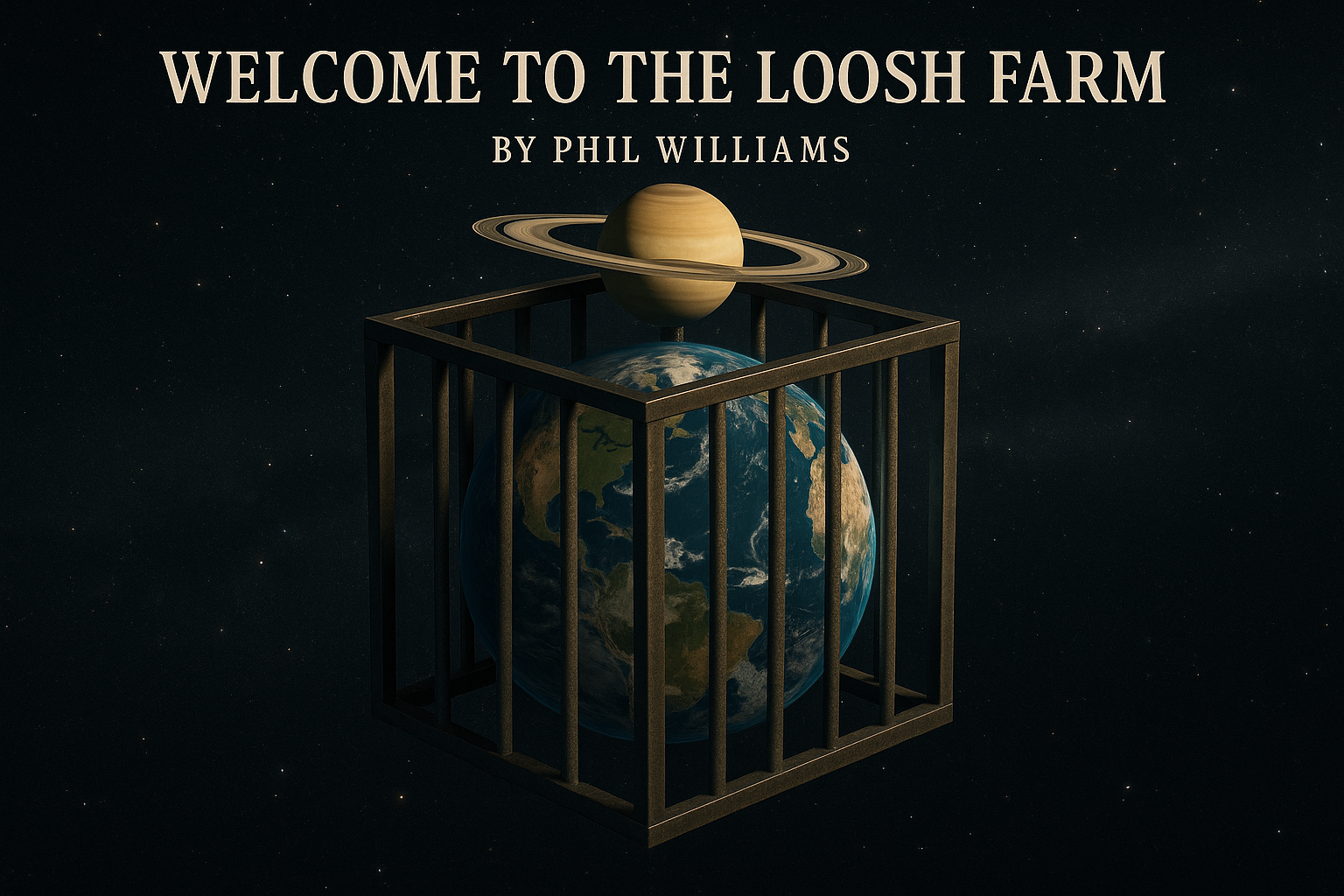
Inside the Loosh Farm: A Manual for Sovereignty and Psychic Defense
Download Free Via the 3 Dots
Opening the Gate: Why This Manual Exists
Every age produces its forbidden books, texts that cut too close to the hidden machinery of reality. The Loosh Farm Manual belongs to this lineage, though it is born of modern mysticism rather than ancient temples. The concept of a Loosh Farm—a world where human suffering and ecstasy are harvested by unseen forces—first appeared in the writings of Robert Monroe. His work suggested Earth might be a garden, not for crops of wheat, but for crops of energy. This idea, strange as it sounds, resonates with many who have felt drained, manipulated, or preyed upon by something they cannot name.
Most treatments of the Loosh Farm concept stop at speculation. They argue whether Monroe’s visions were literal or symbolic, whether the “Farmers” are aliens, demons, or projections of our own minds. Yet very few offer tools. What does one do if the harvest is real? How does one defend against it, or better, reclaim the energy meant to be stolen? This is the gap the manual seeks to fill.
The purpose of this book is not to terrify but to liberate. It acknowledges the unsettling possibility that humanity has long been part of a Loosh Farm, while refusing to resign us to livestock. Knowledge alone is not enough; sovereignty requires practice. This is why the manual is written as both theory and grimoire, mapping the predators while arming the prey.
The timing is crucial. Modern life is filled with fear, outrage, and grief—prime harvest material. Media cycles provoke despair, wars bleed Loosh in torrents, and personal trauma keeps many porous. In such an age, awareness without action is complicity. The manual offers another path.
It is not dogma. It does not demand belief in one mythology. Instead, it presents possibilities, practices, and a way to live sovereignly in the midst of a world that may well be a farm. Whether you view the Loosh Farm as literal truth or profound metaphor, the tools remain useful. They teach resilience, responsibility, and the art of energy mastery.
And this is why the book exists. To pull the conversation out of shadows, to take Monroe’s unsettling vision seriously, and to say: if Earth is a Loosh Farm, then let us learn to farm ourselves. Better that than to be fed upon by hands unseen.
What is Loosh? The Energy of Experience
The word Loosh has a peculiar ring to it. Unlike chi, prana, or mana, it is not ancient, not wrapped in sacred tradition. It is blunt, almost crude, and perhaps that is fitting. Loosh is the raw psychic energy generated by human experience—particularly intense emotions like fear, love, grief, ecstasy, and awe. On the Loosh Farm, these moments are the harvest.
To understand Loosh, imagine a storm cloud releasing lightning. The charge builds invisibly until the strike releases it in a flash. In the same way, when humans undergo trauma or joy, the field around them flares. That flare is Loosh. It is not visible to ordinary eyes, but those sensitive to energy report it as light, vibration, or resonance. Farmers, whether entities or archetypes, are imagined as those who feed on this flare.
But Loosh is not merely fuel for predators. It is the current of life itself. Without Loosh, there would be no passion to create art, no compassion to heal others, no courage to face struggle. Loosh is neutral—like fire, it can burn or illuminate. The problem is not its existence, but its direction. On the Loosh Farm, it spills outward into unseen mouths instead of feeding the soul that generates it.
Skeptics may dismiss Loosh as fantasy, but even in psychology the pattern is clear. Strong emotions drain us when we cannot integrate them. Collective fear exhausts populations. Rage burns through energy reserves. Whether harvested by beings or lost to entropy, the effect is the same: the human field weakens. The Loosh Farm metaphor simply names this drain and gives it a face.
To study Loosh is not to indulge paranoia, but to recognize the most primal current of human life. To master it is to turn suffering into fuel. The magician who reclaims Loosh ceases to be prey and becomes cultivator. In this way, the Loosh Farm becomes less a prison and more a crucible for growth.
The Farmers: Who or What Harvests Us?
No subject provokes more speculation than the identity of the Farmers. If the Earth is a Loosh Farm, then who are its caretakers? Are they literal beings with form and will, or archetypal masks of our own shadow? The manual does not demand one answer, but surveys the field.
To the Gnostics, they were Archons—cosmic jailers who kept souls bound in ignorance. To Christian mystics, they were demons feeding on sin and despair. In Islamic lore, they echo the djinn, whispering temptation. Modern UFO accounts speak of aliens harvesting human emotion as delicacy. Psychology reframes them as unconscious projections—the parts of ourselves that drain us when unacknowledged. Each lens may hold part of the truth.
The danger lies in dogmatism. To insist they are only demons, or only aliens, is to reduce mystery to myth. The wiser path is to see the Farmers as a spectrum of possibility: sometimes external entities, sometimes psychic parasites, sometimes both. Their exact identity matters less than their function: to provoke, to drain, to feed. On the Loosh Farm, they are the unseen harvesters, whatever their form.
Yet even predators serve roles. Wolves sharpen deer. Parasites force evolution of defenses. Perhaps the Farmers, too, are teachers by accident—pressuring humanity until sovereignty awakens. This is not to romanticize them, but to recognize ecology. If they are real, then they exist because something in the cosmos allows them to. Our task is not endless hate, but clear resistance.
Naming the Farmers is less important than recognizing their signs. They press through fear, through trauma, through manipulation. They feed not on flesh, but on Loosh. Theories abound, but the effect is the same: the human field weakens, and unseen mouths fatten.
Thus the manual begins with humility. It offers no final word on the Farmers’ nature. Instead, it arms the reader to survive regardless of theory. Whether you see them as demons, djinn, aliens, or shadows, the practices defend the same. On the Loosh Farm, names matter less than sovereignty.
The Machinery of Harvest
If Loosh is the crop and the Farmers are the harvesters, then what serves as the farm equipment? The machinery of the Loosh Farm is not hidden in distant galaxies but woven into human culture itself. Wars, media, religion, trauma cycles—these are the plows and combines of the unseen field.
Consider war. Few events generate such torrents of fear, grief, and rage. Each battlefield becomes a harvest ground, each mass tragedy a feast. History is soaked not only in blood but in Loosh. Whether or not parasites engineer wars, they certainly thrive on them. For every scream, every sob, every desperate prayer—Loosh spills.
Media serves a subtler role. Outrage cycles, fear-mongering headlines, spectacles of despair—these provoke emotion en masse, bleeding billions drip by drip. Each newsfeed becomes a channel, each scroll a siphon. The Loosh Farm thrives when people cannot look away.
Religion, too, has served the harvest. Collective ecstasies, fervent worship, terror of damnation—all generate rich Loosh. Whether directed toward gods or shadows wearing divine masks, the effect is the same: rivers of psychic energy flowing upward, away from the self.
Even personal trauma can become machinery. Abusers, manipulators, toxic cycles—these create cords through which Loosh drains daily. Parasites feed on the wounded, not only at the moment of pain but for years afterward, as memory replays.
This is the machinery: events that provoke, institutions that channel, wounds that leak. The Loosh Farm is not always engineered deliberately; sometimes it is simply ecology. Yet once seen, the pattern cannot be unseen.
The manual does not suggest paranoia—one must still live in the world. But it insists on clarity. If Earth is a Loosh Farm, then awareness of its machinery is the first step to sovereignty. For only when we recognize the harvest can we begin to reclaim what is ours.
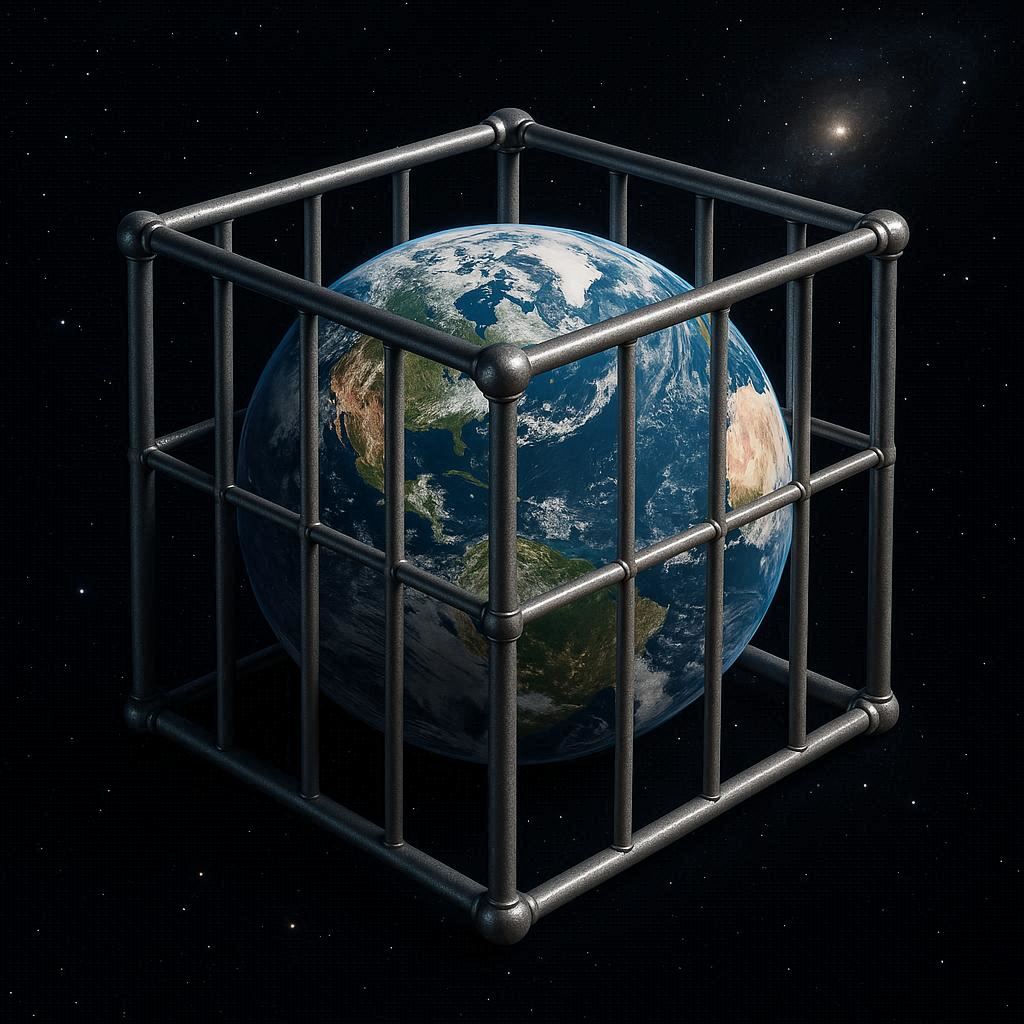
Signs of Psychic Predation
On the surface, life seems ordinary. People work, laugh, suffer, and dream. Yet beneath the ordinary, subtle signs whisper of a deeper harvest. To the trained eye, these are the symptoms of the Loosh Farm at work—the traces of unseen hands feeding on human vitality.
One sign is exhaustion that lingers even after sleep. Not the natural fatigue of labor, but a hollow tiredness, as if one has been worked without memory. Many awaken from restless nights feeling drained, their dreams crowded by shadows or strangers. This is often the first clue of harvesting: the night becomes field, the dream a pasture.
Another sign is emotional surges without cause. Sudden rage, despair, or fear that arises seemingly from nowhere may signal external provocation. Parasites provoke emotion because emotion is crop. While humans naturally feel, the loops that never resolve—the thoughts that circle endlessly, the despair that clings—suggest interference.
Intrusive thoughts are also common. Voices that whisper self-doubt, images of harm, impulses to despair—these may be echoes of trauma, but on the Loosh Farm they double as siphons. Each thought drains energy, not because of its content, but because of the emotion it stirs. The parasite feeds not on the words, but on the Loosh they provoke.
Dreams, too, carry clues. Nightmares of pursuit, suffocation, or violation often accompany psychic feeding. The body may wake heavy, the chest tight, as if something pressed upon it. Such dreams differ from ordinary subconscious sorting; they carry the weight of intrusion.
The key is not paranoia but awareness. To live sovereignly is to learn the signs of predation without surrendering to fear. For fear itself is Loosh. Recognition is the first step, not to obsess over the harvest, but to cut the cords that bind. On the Loosh Farm, awareness marks the shift from livestock to watchful cultivator.
The Philosophy of Resistance
When faced with the unsettling idea of the Loosh Farm, the first impulse is often rage or despair. Rage at the possibility of being used, despair at the thought of being prey. Yet both reactions bleed energy, feeding the very harvest one resists. This is why philosophy matters: it teaches resistance not through paranoia, but through sovereignty.
The Stoics long ago taught that while we cannot control events, we can control our response. Parasites provoke fear and grief precisely because these states leak Loosh outward. To resist is to respond differently—to catch the emotion before it drains, to turn it inward, to transmute. Thus resistance begins not with sword or fire, but with clarity of mind.
Buddhist practice echoes this. Suffering is inevitable, but suffering need not own us. To observe fear without feeding it, to feel grief without drowning—this is sovereignty. It denies parasites the unconscious flares of Loosh they crave. Each moment of mindfulness is a small rebellion against the harvest.
The danger is obsession. Those who see parasites everywhere may become paranoid, and paranoia itself is delicious Loosh. The wiser path is balance: to acknowledge the Loosh Farm without giving it endless attention. The parasite wants you terrified of it, fixated on it. Better to nod at its existence and return focus to your own Work.
True resistance, then, is paradoxical. It fights not through hate, but through equanimity. It does not deny suffering, but uses it. It does not obsess over Farmers, but cultivates the self. The harvest diminishes not because the parasites vanish, but because the crop is withheld.
The philosophy of resistance is sovereignty itself. To live awake, to own emotion, to refuse manipulation. In this way, even the knowledge of the Loosh Farm ceases to terrify. It becomes training ground. Every provocation becomes an opportunity to strengthen.
The Magician’s Armor
Knowledge of the Loosh Farm is not enough. Philosophy prepares the mind, but the body and spirit require protection. This is where the practices of the magician begin—the everyday armor that seals leaks, clears intrusions, and strengthens the field against harvest.
The first layer of armor is cleansing. Just as dust gathers on the skin, stagnant energy accumulates in the field. Smoke, salt, sound, or water can sweep it away. A simple shower taken with intent, whispering “I am clear,” works as well as incense. Cleansing removes the residue through which parasites cling.
The second layer is grounding. Farmers thrive when humans float in fear and distraction. Grounding—bare feet on earth, deep breathing, visualizing roots into soil—anchors the field. A grounded person is harder to provoke, harder to drain. On the Loosh Farm, roots mean resistance.
The third is shielding. Visualize a sphere of light, a mirror dome, or a cloak of flame surrounding the body. Reinforce it daily, so it becomes reflex. Shields do not block all emotion, but they prevent intrusion, filtering what enters and what leaves.
The fourth is sealing. Old wounds, unresolved trauma, cords from toxic relationships—these act as open gates. Rituals of cord cutting, affirmations of closure, or therapy itself can seal them. Without sealing, armor leaks. With it, the aura becomes whole.
Finally, there is declaration. The parasite thrives on silence; it fears the commanding voice. Speak aloud each morning: “My Loosh is mine. I am sovereign in body, mind, and spirit.” Words spoken with conviction are armor as strong as steel.
The Magician’s Armor is not fantasy but discipline. Performed daily, it weaves an aura resistant to harvest. On the Loosh Farm, the armored soul ceases to be passive crop. It stands as thorn among wheat, untouchable, unpalatable.
The Grimoire of Mastery
Armor defends, but mastery reclaims. On the Loosh Farm, energy bleeds daily—through fear, through trauma, through distraction. The magician must learn not only to block leaks, but to call lost Loosh back, to recycle it, to seal it within. This is the work of the grimoire.
Begin with awareness. Each night, review the day. Where did your energy flare? Where did it fade? Write it down. Patterns emerge—old wounds, repeating loops. To notice is to reclaim half the loss. Parasites thrive on unawareness. Journaling is a sword of clarity.
Next, practice reclamation. Stand before a candle, raise your hands, and declare: “I call back my energy. I call back my Loosh from past, from dream, from shadow. It returns to me purified, whole, mine.” Visualize streams of light flowing back into the chest. This ritual, repeated weekly, gathers fragments once scattered.
Dreams are also fields. Program them each night: “I retain my energy. I will not be fed upon.” Visualize a sigil on the brow. Upon waking, record dreams. If drained, close the eyes again and rewrite the dream, seeing yourself victorious. Even memory can reclaim Loosh.
Then comes recycling. Instead of venting anger outward, breathe it into the belly, circulate it through the body, let it fuel clarity. Instead of collapsing into grief, channel it into compassion. Fear can sharpen awareness, joy can be crystallized into art. Every emotion becomes fuel when caught and directed.
Finally, there is sealing through ritual. Light a candle, whisper: “All cords cut, all wounds sealed. My Loosh flows only to me.” See the aura glow gold, cracks closing, field whole.
The Grimoire of Mastery turns harvest into fuel. It teaches that nothing is wasted. Every wound, every fear, every dream can be refined. On the Loosh Farm, the magician ceases to leak. They harvest themselves, not for parasites, but for sovereignty.
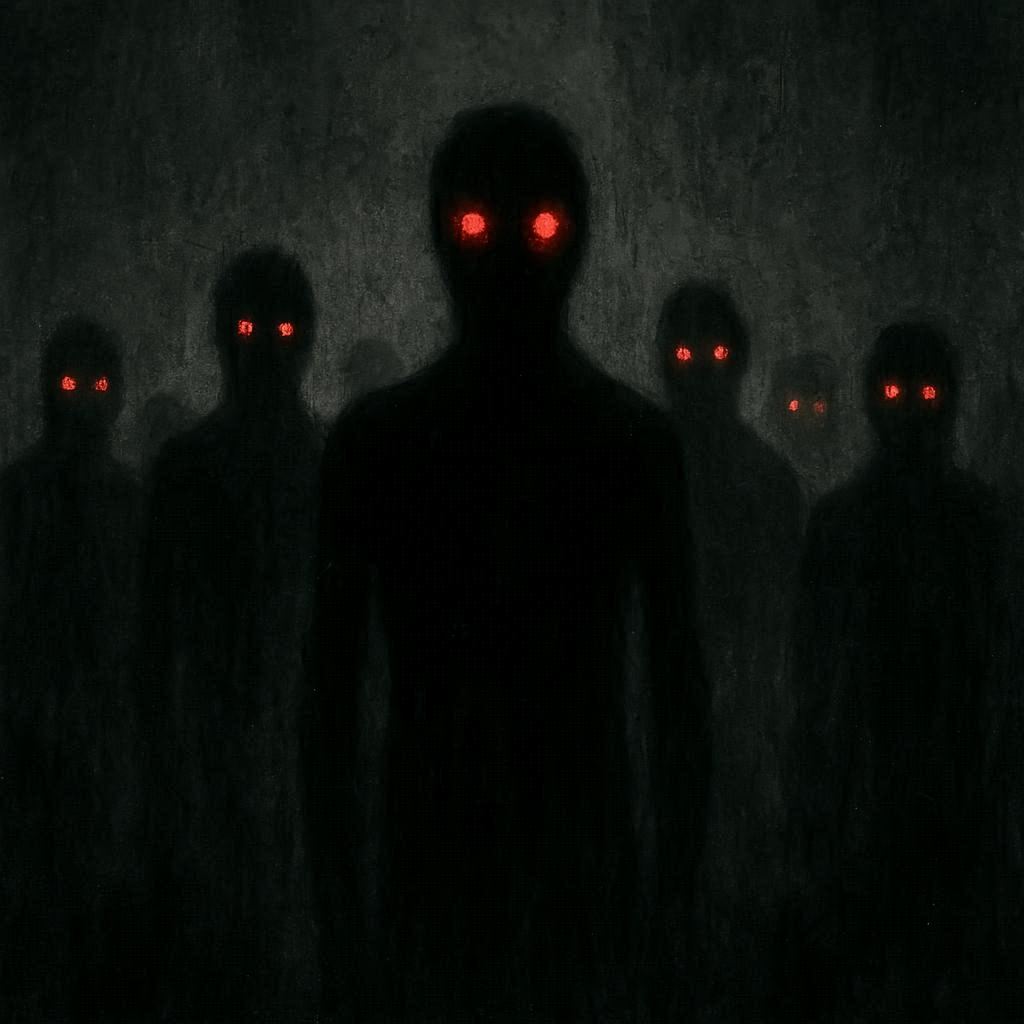
The Art of Transmutation
Defense and reclamation are vital, but sovereignty reaches its peak with transmutation. On the Loosh Farm, every emotion is potential harvest. Fear, anger, grief, even joy—each flares energy that can be stolen. The magician refuses to waste any of it. Instead, they turn every surge into power.
Fear, for example, often scatters the mind and paralyzes the body. Yet fear is also raw alertness. Caught and redirected, it sharpens perception, making the magician vigilant rather than prey. Anger, too, can be transmuted. Left unchecked, it burns outward, feeding parasites. But when lifted into the heart, it becomes willpower, determination that carries the Work forward.
Grief may bleed endlessly, keeping wounds open for years. Yet grief, when refined, blossoms into compassion. The energy of loss, instead of draining, becomes empathy that strengthens connection. Even joy, often harvested in worship or spectacle, can be crystallized into creation. The Loosh Farm cannot steal what is directed into art, song, or healing.
The practice is simple but requires discipline. Emotions must be felt fully, then caught and shifted. Visualizations of crucibles, vessels, or flames can aid this process, but the essence is choice. Will directs energy. With practice, the reflex changes: where once emotion leaked, now it is reclaimed.
This is alchemy of the psyche: base emotions turned to gold. Each surge becomes training, each wound a resource. Parasites provoke harvest, but each attempt strengthens the adept. They try to bleed; the magician grows radiant.
On the Loosh Farm, transmutation is the greatest rebellion. It does not merely block harvest; it turns it inside out. The parasite presses, but instead of draining, it forges its prey into something luminous.
Counter-Attack Protocols
Sometimes defense and alchemy are not enough. On the Loosh Farm, there are moments when parasites press too closely, when shadows linger in dreams, when cords tighten around the chest. Then the magician must strike—not with rage, but with clarity. Counter-attack is not cruelty but survival.
The first weapon is the commanding voice. To whisper banishment in fear is to feed the harvest. But to thunder, “Begone! You have no claim here!” with absolute conviction is to burn parasites like sunlight burns mold. The field responds to voice, and sovereignty spoken aloud resonates across dimensions.
The second is the blade of light. In vision or dream, conjure a sword blazing with radiance. Strike at cords, cut through shadows, pierce the forms that press. Will is steel in the astral. The act of cutting frees energy and sends the predator fleeing.
The third is fire. Breathe deeply, then exhale with force, imagining flame bursting from every pore. The aura becomes inferno, searing intrusions. Parasites, which thrive on weakness, recoil when the prey becomes fire.
The fourth is the mirror. Visualize shields as polished surfaces, reflecting all venom back to the source. What they send, they swallow. What they project, they consume. Few can endure their own hunger multiplied.
Finally, there is exile. For persistent feeders, open a vortex of void and cast them in. Declare, “You do not return.” This is annihilation, not banishment, and should be reserved for only the most invasive intrusions.
The purpose of counter-attack is not hatred. Hate is Loosh. The purpose is cleansing. Strike swiftly, seal wounds, and move on. The magician who counter-attacks learns to be feared. On the Loosh Farm, predators soon seek softer prey.
Integration and Long-Term Practice
Sovereignty is not won in a single ritual. It ripens through rhythm, becoming lifestyle. The danger of the Loosh Farm is not only external predators but internal neglect. Without integration, victories fade. With integration, sovereignty becomes second nature.
Daily practice anchors the Work. Morning declarations, grounding, and evening cleansing weave protection into habit. Each day, small transmutations catch emotions before they drain. Over time, these acts become as instinctive as breathing.
Weekly resets reclaim what slips through. Rituals of reclamation, cord cutting, or dream programming sweep leaks before they deepen. Just as homes require cleaning, so too does the aura. These resets prevent accumulation of subtle drains.
Monthly or seasonal rites deepen the Work. Larger transmutations, offerings to the Self, or group shieldings weave long arcs of sovereignty. Group practice especially demonstrates that humans, once harvested in crowds, can radiate as circles of light instead.
Integration also requires vigilance for relapse. Persistent fatigue, intrusive loops, toxic draws, or neglect of practice are warning signs. Sovereignty is not perfection but resilience—the ability to return again and again, each time faster, each time stronger.
Over months and years, sovereignty matures. Shields rise reflexively, emotions transmute instinctively, dreams shift from pasture to training ground. Sovereignty ceases to feel like battle; it becomes atmosphere. On the Loosh Farm, the sovereign no longer feels like livestock. They live as gardener of their own field.
Beyond the Farm: A Vision of Freedom
The final question is not only personal but collective. If Earth is a Loosh Farm, what happens when the harvest dwindles? What would humanity look like if enough people reclaimed their energy, transmuted emotions, and lived sovereignly?
Imagine a world where wars still happen, but their fear fails to flare. Where propaganda falls flat because outrage no longer bleeds. Where grief still flows, but instead of despair, it becomes compassion that heals. The Farmers, whatever they are, would find their crop thin, their fields barren.
Religions, once conduits of harvest, would evolve. Worship would become empowerment, fear of punishment would fade, and prayer would turn inward toward sovereignty. Collective ecstasies would crystallize into creation, not leakage.
Governments and markets, which thrive on fear of lack, would weaken. Systems built on manipulation would crumble without the psychic fuel of mass panic. Humanity would still struggle, but struggle would sharpen rather than drain.
Parasites would not vanish entirely. Predators never do. But they would retreat, adapt, or transform into minor forces in a wider ecology. Humanity would not see them as gods or demons, but as insects buzzing at the edges of light.
For the individual, life beyond the farm would not be perfect bliss. It would still hold sorrow and fear. But every surge would feed the Self, not others. Sovereignty would be lived, not fought for.
And for humanity, beyond the Loosh Farm lies maturity. A species that ceases to live as livestock, ceases to leak unconscious energy, and begins to co-create consciously. Freedom is not utopia, but it is possible. Sovereignty is the gate. The choice to step through is ours.
Read A Book!!! – Archemy – Archetypal Alchemy Divination Tool by Phil Williams
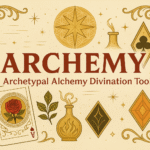

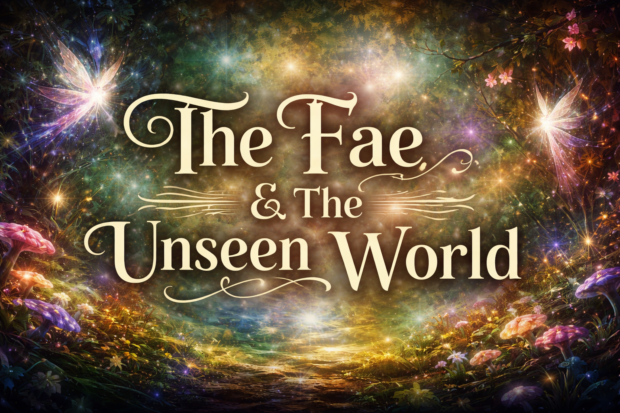
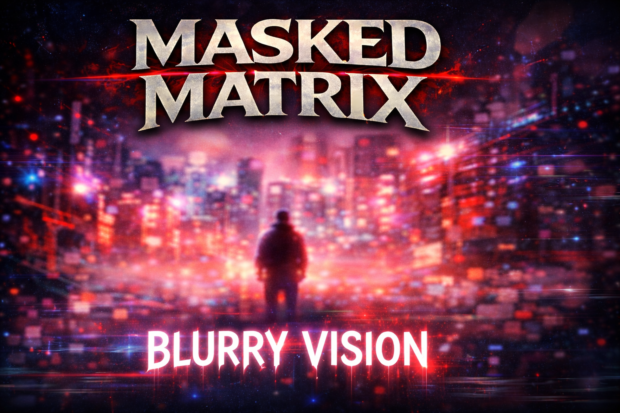
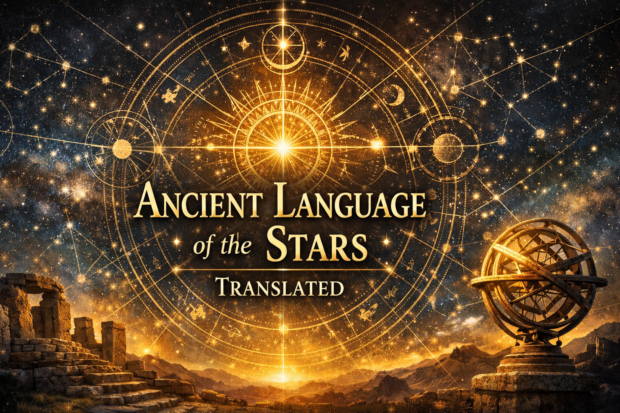
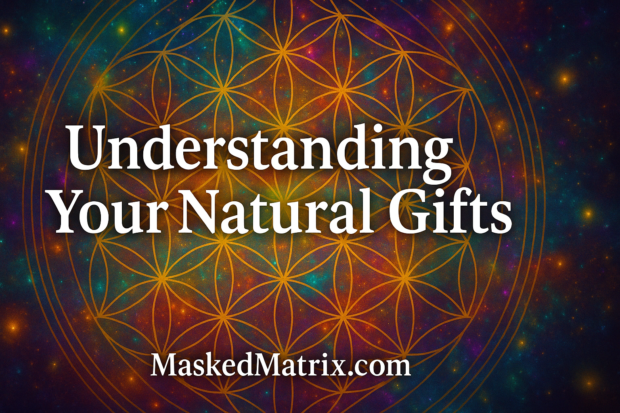
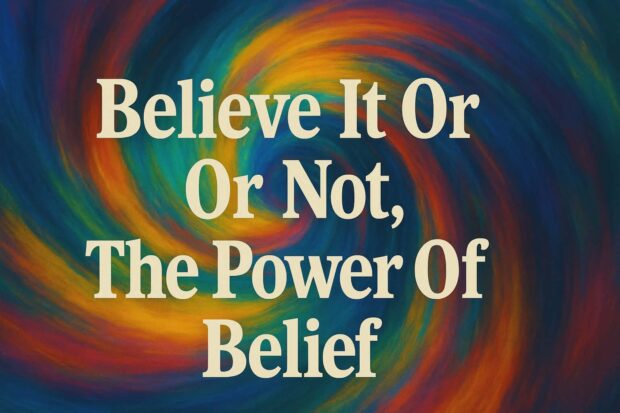
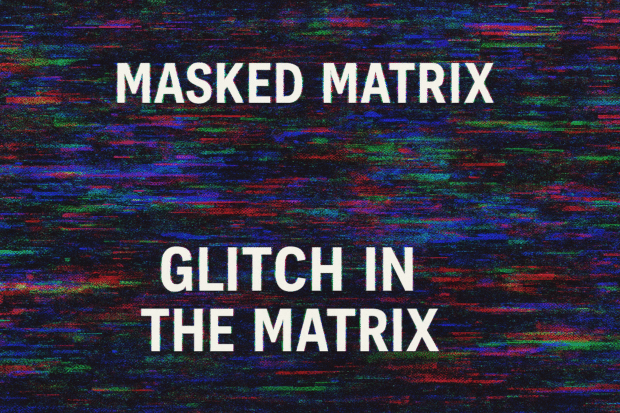
Be the first to leave a comment